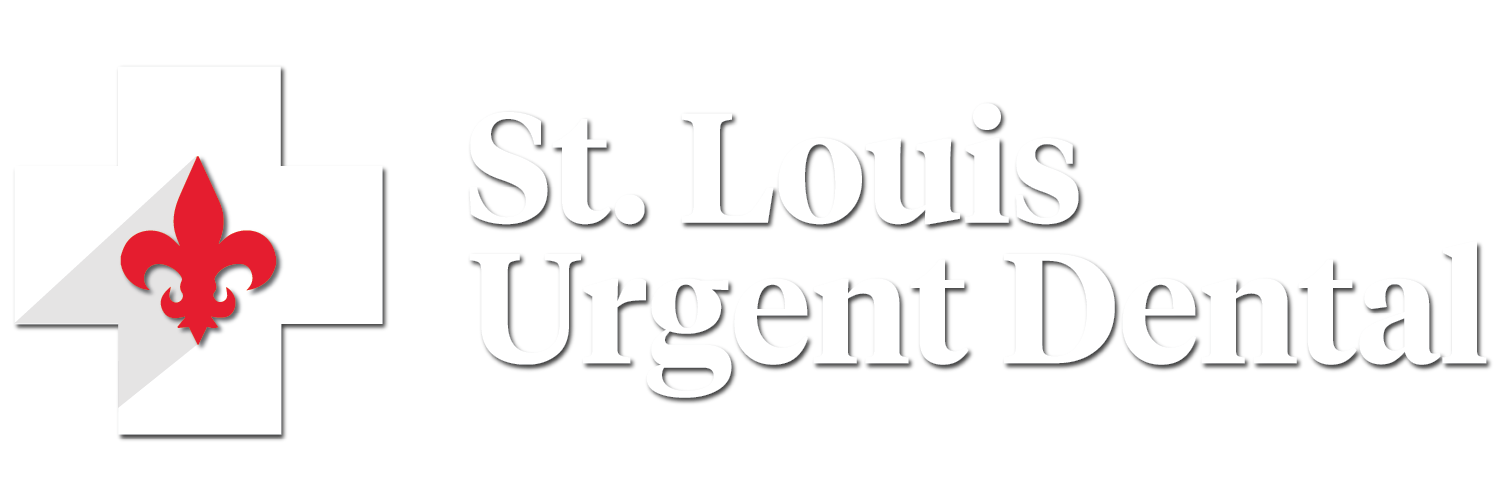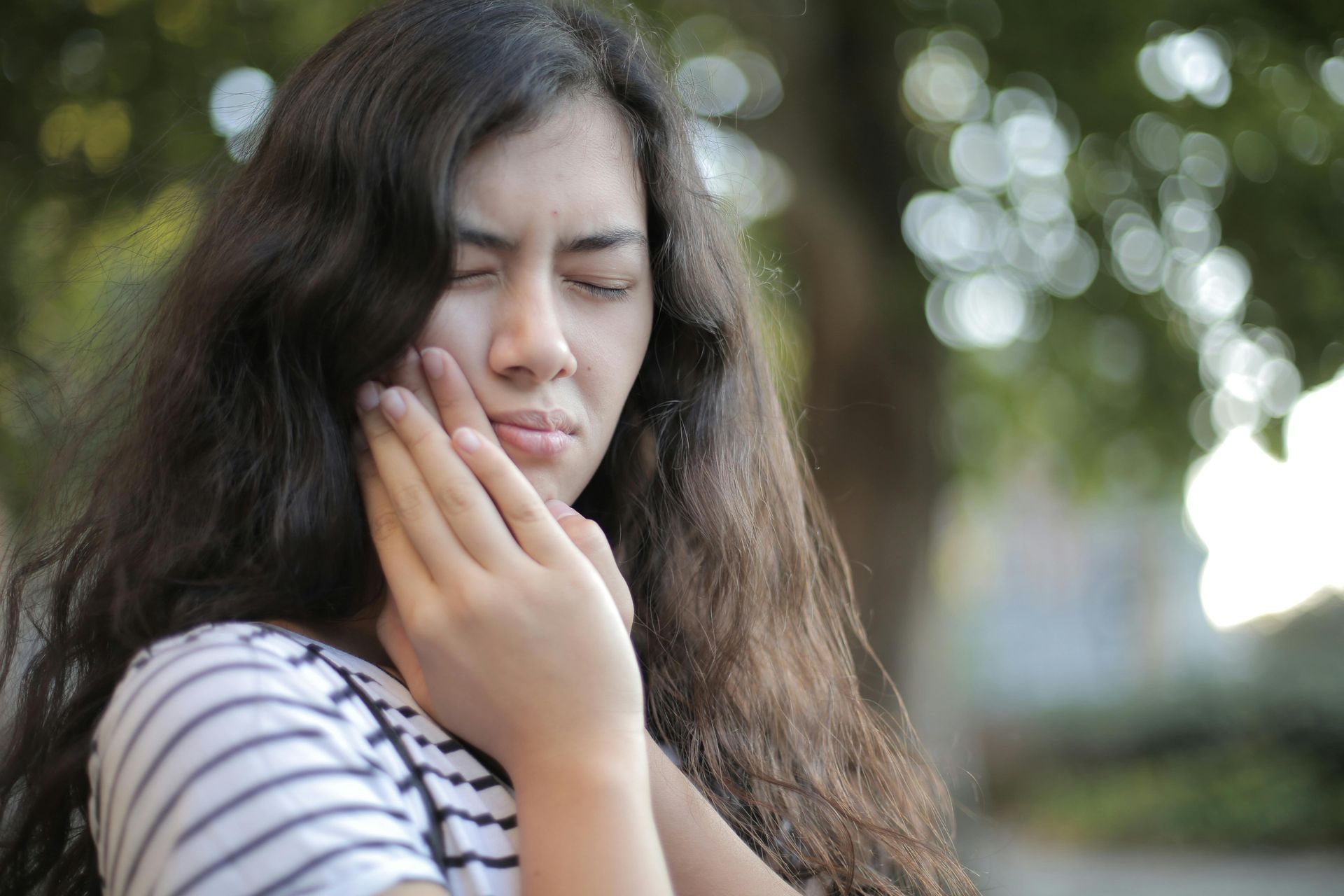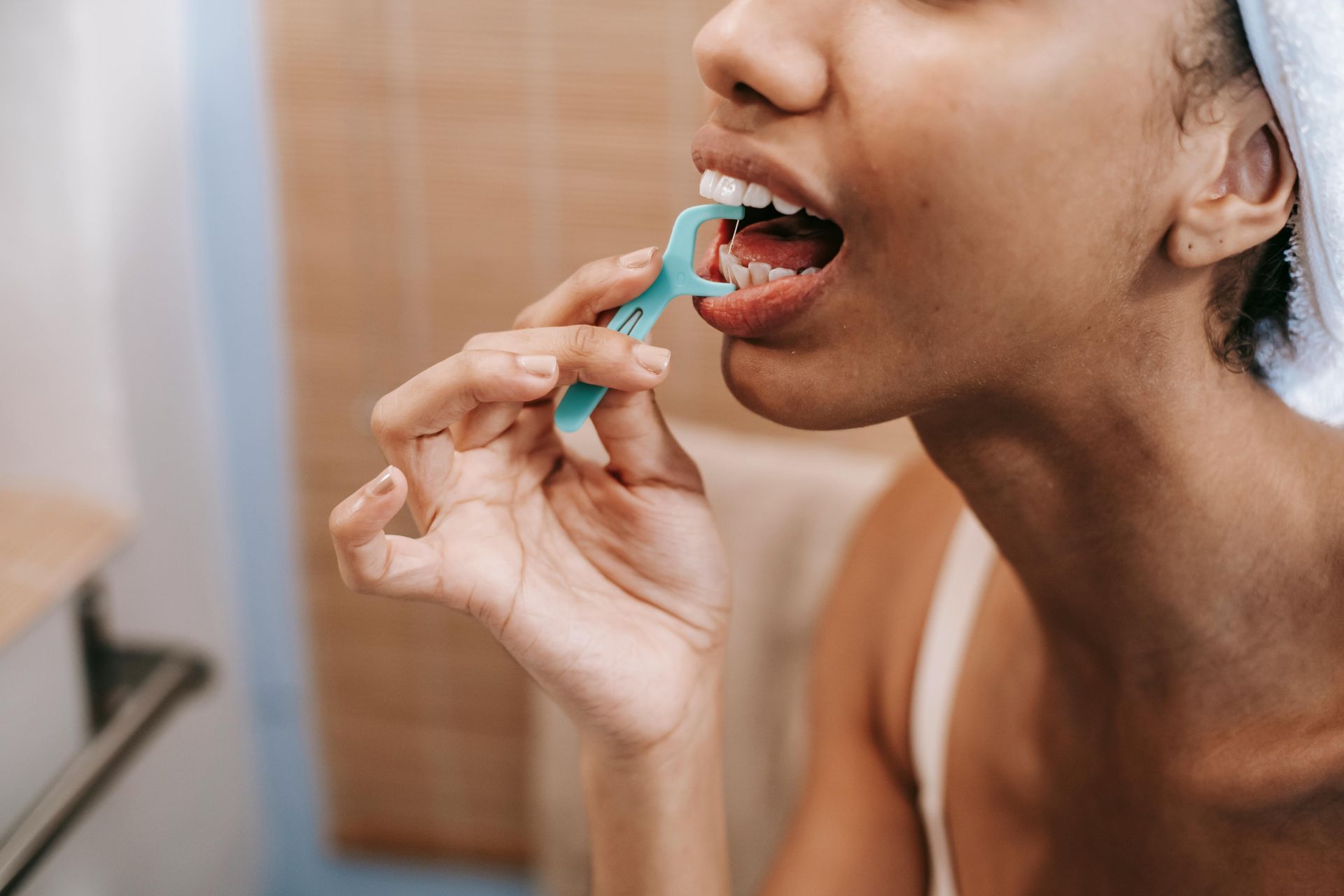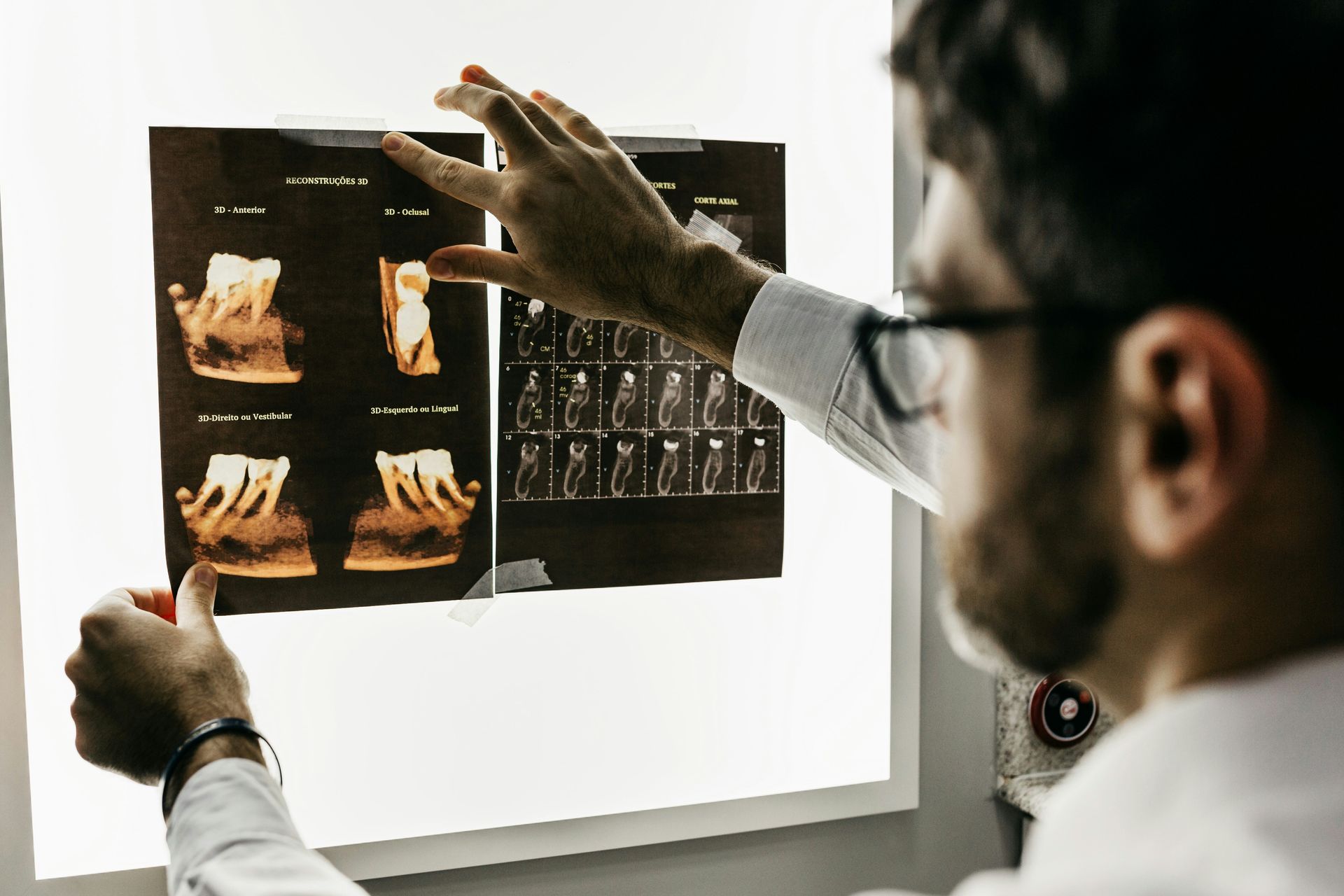Healthy Aging Smiles: Oral Health Tips for Seniors
As we age, caring for our teeth and gums becomes more critical. Oral health is closely tied to overall well-being and can impact everything from heart health to nutrition.
Changes in the body, medications, and chronic health conditions can complicate dental care for seniors, making it more crucial.
Whether you still have all your natural teeth or rely on dentures, staying proactive with oral care can help you avoid pain, maintain confidence, and reduce the risk of dental emergencies.
Here are some helpful tips to keep your smile healthy and strong in your golden years.
Understand How Aging Affects Oral Health
Aging brings natural changes that can impact oral health. Over time, tooth enamel wears down, making teeth more susceptible to decay.
Saliva production often decreases, especially when taking medications for conditions like high blood pressure, anxiety, or allergies. This dry mouth can increase the risk of cavities and infections.
Seniors are also more likely to experience gum disease and tooth loss, particularly if they've had dental issues earlier in life. Health conditions such as diabetes or osteoporosis can further affect the mouth's health, making regular dental care an essential part of senior wellness.
Maintain a Consistent Oral Hygiene Routine
A strong daily routine is key to preventing dental problems regardless of age.
- Brush at least twice a day with fluoride toothpaste.
- Floss daily or use interdental brushes or water flossers for easier access between teeth.
- Clean dentures or partials every day using appropriate solutions.
- Use an antimicrobial mouthwash if recommended to reduce plaque and inflammation.
If arthritis or mobility issues make brushing difficult, consider using an electric toothbrush or grips designed for easier handling.
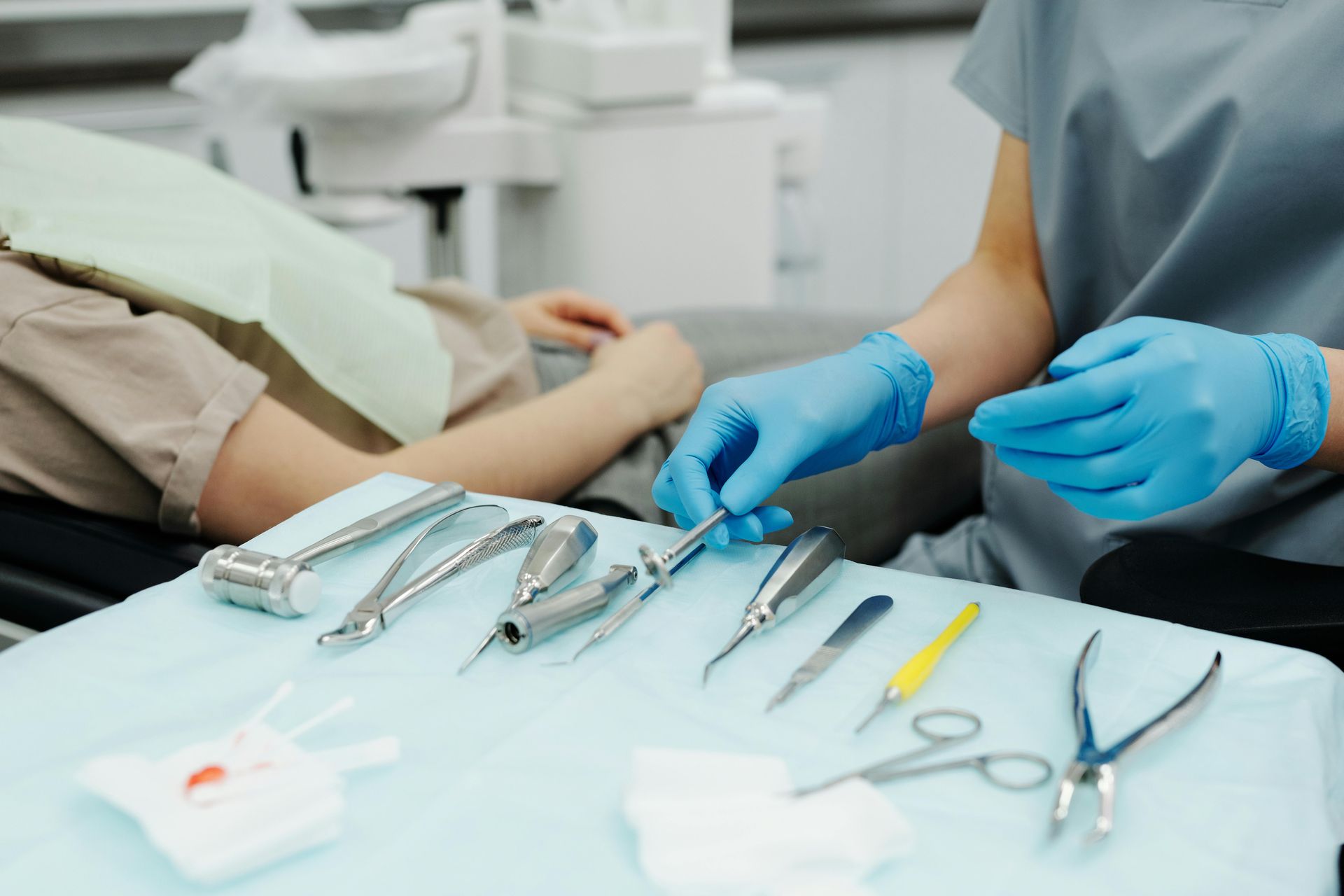
Stay on Top of Dental Checkups
Regular dental checkups are important even if you aren't experiencing pain or noticeable problems.
Professional cleanings remove plaque buildup that brushing can't reach and allow your dentist to catch potential issues early, before they become emergencies.
Urgent dental clinics can also provide in-between support if something goes wrong or you can't wait for a scheduled visit.
Pain, swelling, or broken dental appliances shouldn't be ignored; prompt care makes a big difference in recovery and comfort.
Watch for Signs of Common Oral Health Issues
Being proactive means paying attention to early warning signs.
- Gums that bleed when brushing or flossing
- Persistent bad breath or dry mouth
- Tooth sensitivity or loose teeth
- Sores in the mouth that don't heal
- Ill-fitting dentures or discomfort when chewing
If you notice these symptoms, contact your dentist or an urgent dental clinic. Ignoring these signs could lead to more serious health concerns.
Protect Against Dry Mouth
Dry mouth is common among seniors and can lead to tooth decay and gum problems. Causes often include medications, cancer treatments, or autoimmune diseases.
Luckily, there are a handful of ways to keep dry mouth away and at bay.
- Sip water frequently throughout the day
- Chew sugar-free gum or suck on sugar-free lozenges
- Use over-the-counter saliva substitutes if needed
- Avoid tobacco, alcohol, and caffeine, which can make dry mouth worse
Keeping your mouth moist helps protect against cavities and makes eating more comfortable.
Eat for Healthy Teeth and Gums
What you eat matters for your oral health. Seniors should aim to have a nutritious and well-rounded diet.
- Get enough calcium and vitamin D to support bone health
- Eat lean proteins, leafy greens, and crunchy fruits and vegetables
- Limit sugary snacks and beverages
- Drink plenty of water to aid digestion and reduce dry mouth
Proper nutrition supports strong teeth and helps prevent decay and gum disease.
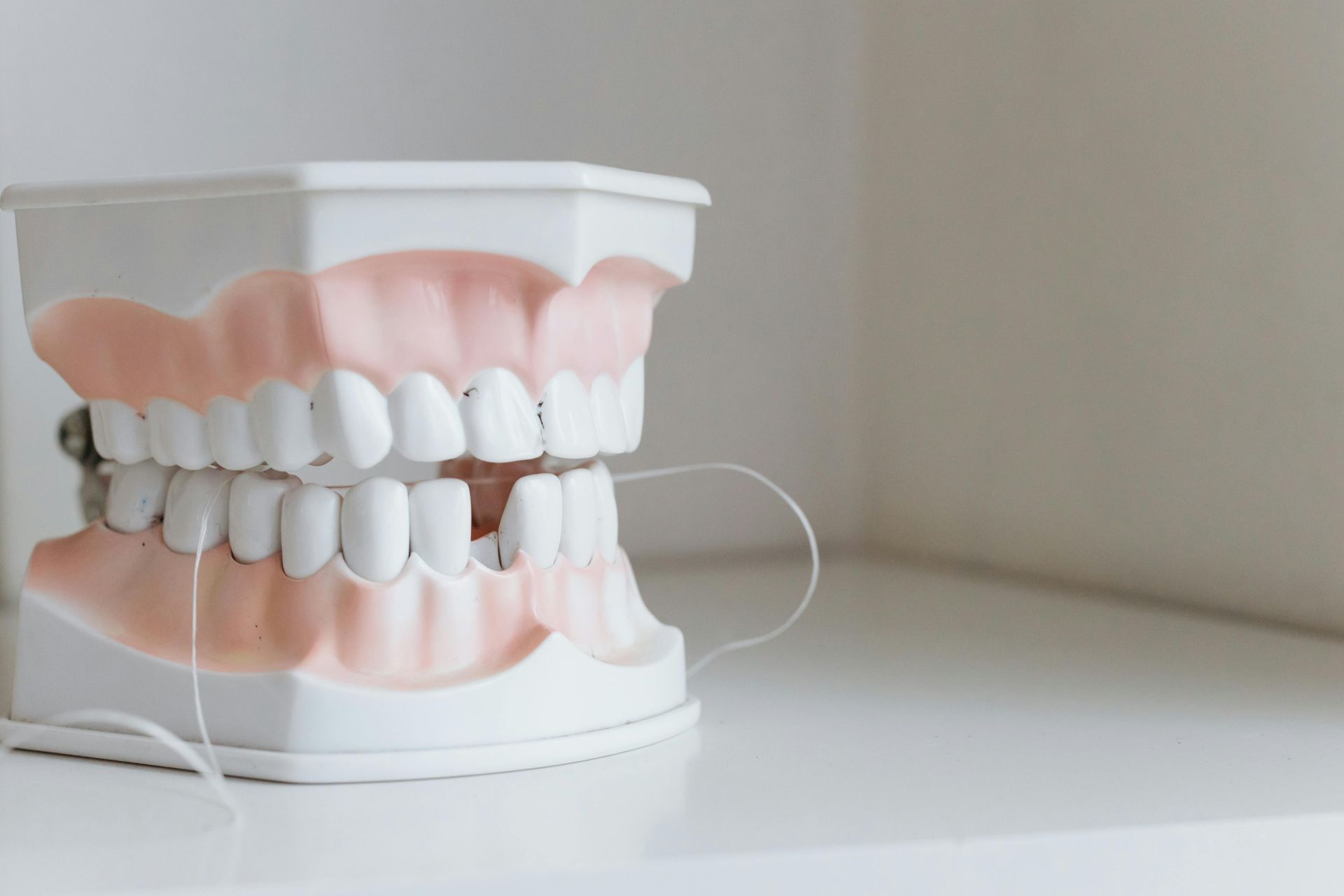
Don't Ignore Dental Emergencies
If you experience sudden tooth pain, swelling, a broken tooth or denture, or signs of infection, don't wait. Dental emergencies can escalate quickly and affect your ability to eat, speak, and stay healthy.
Urgent dental practices are equipped to handle these situations quickly and compassionately, often with same-day appointments. Quick action can prevent complications and help you regain your confidence.
Coordinate Dental Care with Other Health Providers
Good oral health doesn't happen in isolation. Ensure your dentist knows all your medications and any medical conditions you have. Many diseases—such as diabetes, heart disease, and cancer—can affect your oral health or be affected by it.
A collaborative approach between your dentist and primary care doctor ensures safe, effective treatment and helps protect your health from all angles.
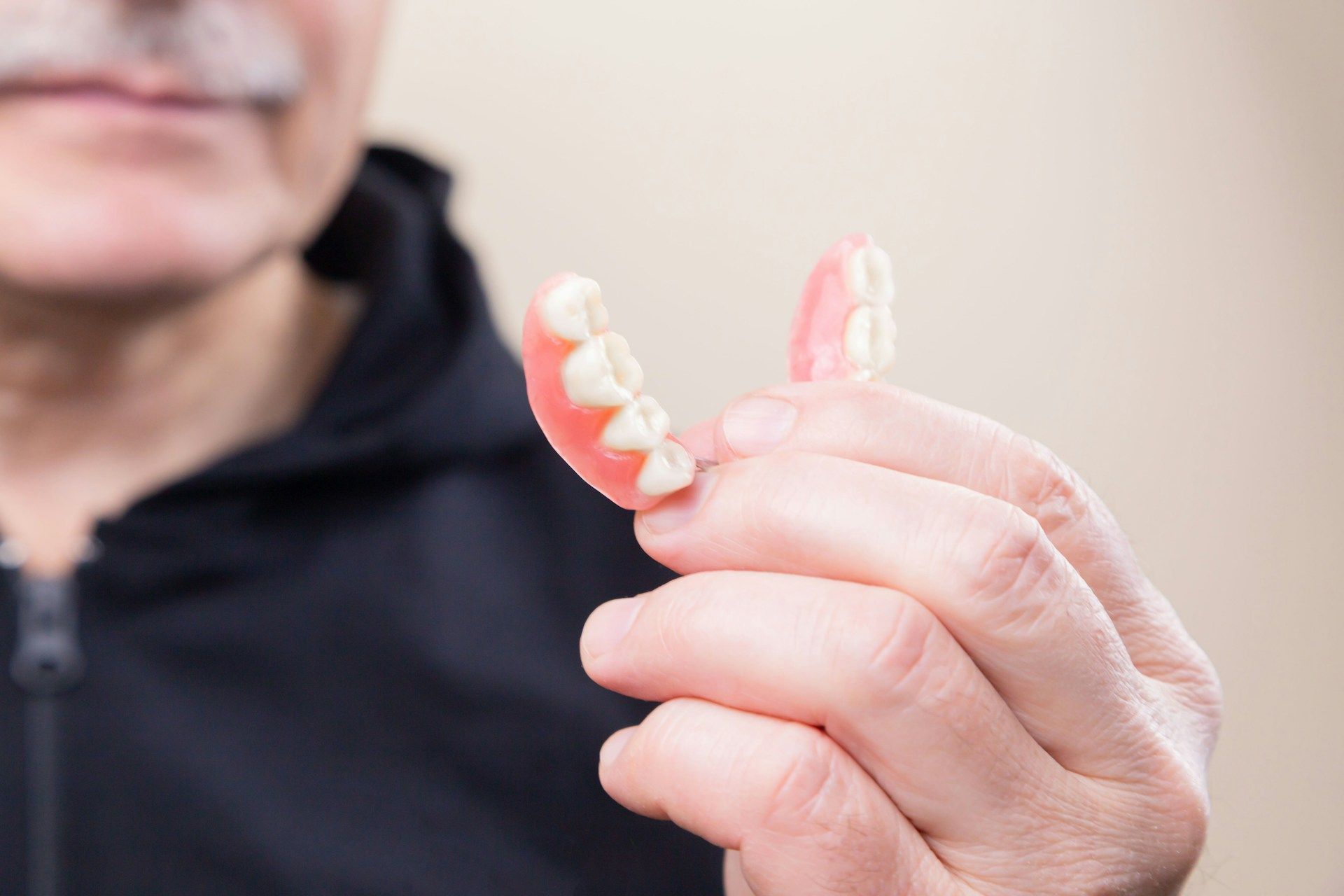
Call St. Louis Urgent Dental Today
Oral health plays a vital role in aging well. With regular care, a healthy diet, and support from your dental team, you can maintain strong teeth, healthy gums, and a confident smile throughout your senior years.
Our St. Louis Urgent Dental team is here to help with your urgent, after-hours dental needs!
We are open seven days a week (until 9 p.m. M—F) and treat dental emergencies, including root canals, crowns, socket grafting, extractions, implants, broken teeth, and more.
Please note that we are a "problem-focused" clinic and do not perform regular cleanings.
Our procedure pricing and other details are on our website.
Schedule an appointment, and you'll be smiling again in no time!
